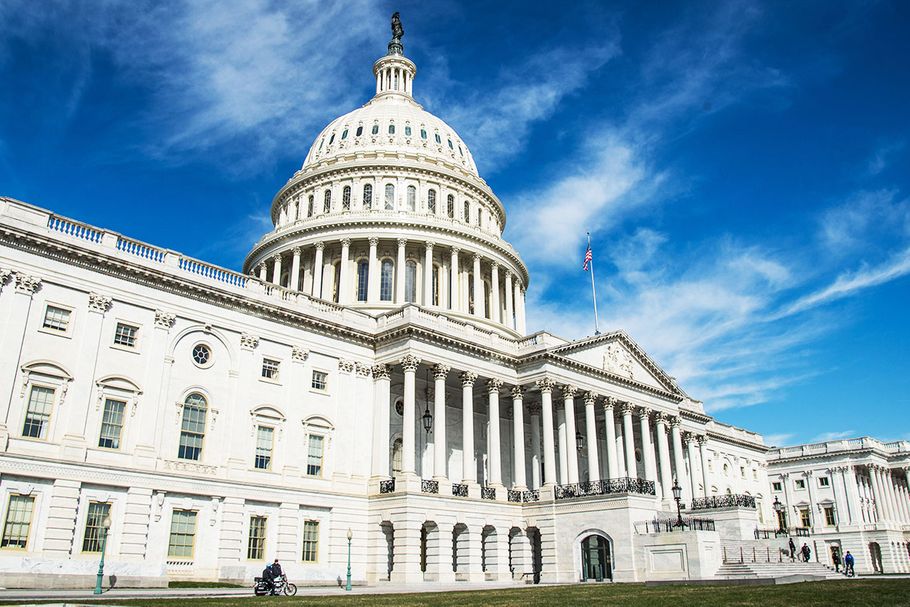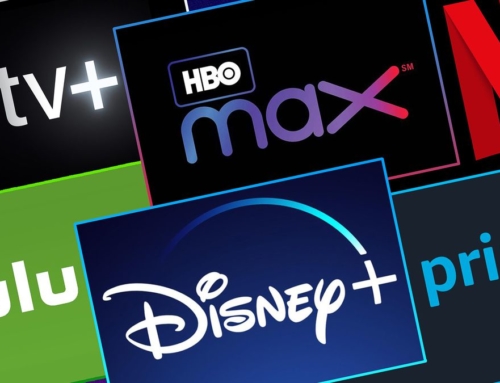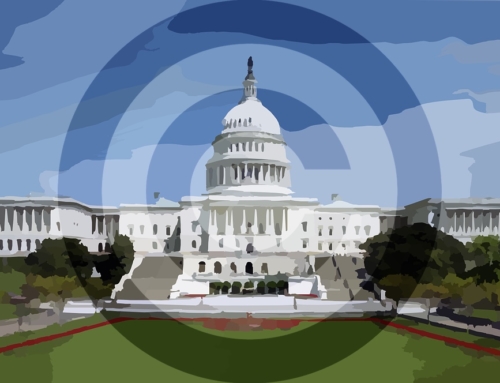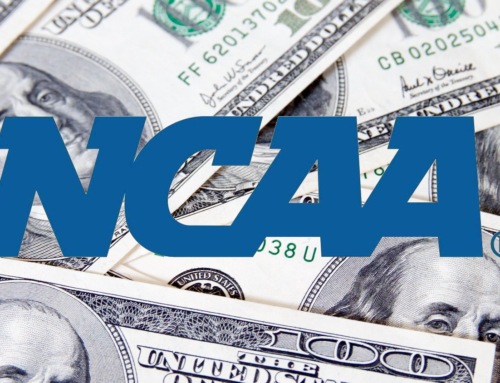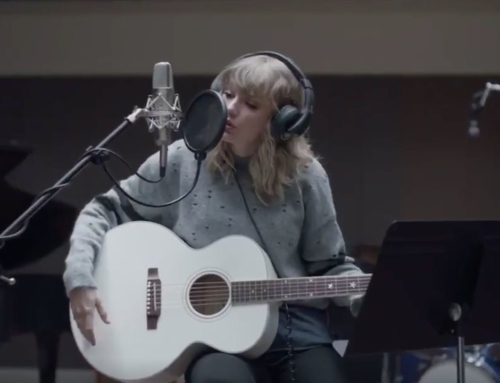
The Music Modernization Act has dominated headlines for months. What began as many separate pieces of proposed legislation eventually melded into one sweeping act designed to reform copyright law in America. Along the way, the act has drawn both fierce acclaim and stern criticism from all sides of the music industry. Although it’s been a tumultuous road, the proposal’s journey has finally come to an end, as the act was officially signed into law this month following unanimous support from both factions of the US government. With the Music Modernization Act enshrined as law, we’re looking at what that means for copyright legislation in America — and how the new legislation will affect the music industry and consumers alike.
Music Licensing Modernization
This prominent aspect of the act will streamline the process through which streaming services such as Spotify and Apple Music acquire and retain licences to the music they stream on their platforms. In turn, this will streamline the process through which rights holders are compensated for the use of their music on these streaming platforms.
Prior to the MMA, streaming services would have to acquire a license to each individual song they wanted to host on their platform. This reformed legislation will introduce what will be known as the Mechanical Licensing Collective, which will act as a regulatory body that will oversee the acquisition of licences and ensure that rights holders are compensated for their work. This collective will be comprised of fourteen members, all of which will have previously had a role in the music industry. Ten members will be music publishers, while four must be self-published songwriters. The collective will also include three non-voting members who represent non-profit organizations that benefit and advocate on behalf of publishers and songwriters.
With this new regulatory body in place, streaming services will be able to build their music catalogues more efficiently with the acquisition of what will be known as a “blanket licence”, which will give the platform access to all licenced material. One unintended consequence of this could be more streaming competition. When Spotify first launched, they essentially built their massive music catalogue without filing the mounds of paperwork and legal documents necessary to license it This led to lawsuits; however, the company had enough money set aside that they could launch their platform with an extensive catalogue and deal with the repercussions as they came later on. Contrary to this, Amazon’s streaming music service has been slow to get off the ground thanks to their spotty and sparse catalogue. This has been the case because of the amount of resources necessary to adequately attain music licences for streaming platforms. Apple Music didn’t have to face these issues due to the massive amounts of subsidization Apple itself was able to invest in the service.
If Spotify were to launch today, they would simply have to obtain a blanket licence and pay the associated fees. This would give them access to the licensed material they seek in an efficient and completely legal manner. With this in mind, more companies may be inclined to enter the streaming music market.
This aspect of the MMA began as its own piece of legislation but was adopted into the MMA late in the game. This part of the bill will adapt the ways in which the Copyright Act addresses the use of recordings made before 1972. Prior to the MMA, when pre-1972 recordings were played on digital radio, it wasn’t necessary to pay royalties to the rights holders of the recording (record labels, songwriters, publishers, producers or musicians themselves). The MMA will now force digital radio providers to pay royalties to rights holders for the use of any recordings released before 1972.
The AMP Act, otherwise known as the Allocation for Music Producers Act, also began as its own piece of legislation but was later included in the Music Modernization Act. This part of the act will allow for music producers (and other people involved in making music outside of songwriters and musicians) to have access to a portion of royalties that their music generates when it is played on digital radio.
What Does This Mean for Consumers?
Although the MMA is introducing a slew of changes to the music industry and those who work within it, consumers can rest assured that these changes will have virtually no effect on them and the music they listen to. While, the passing of the MMA is designed to increase fair industry competition, it should have no effect on the current price of streaming services or consumers’ access to these services and the music hosted within them.
Speaking to Billboard regarding the passing of the act, Horacio Gutierrez, Spotify’s General Counsel and VP of Business and Legal Affairs, said: “One of our core missions at Spotify is to enable a million artists to make a good living from what they love: creating and performing music. The Music Modernization Act is a huge step towards making that a reality, modernizing the outdated licensing system to suit the digital world we live in. The MMA will benefit the music community and create a more transparent and streamlined approach to music licensing and payment for artists.”
Similarly, Pandora’s General Counsel, Steve Bene said: “Today’s signing of the Music Modernization Act is a generation-defining win for music artists, songwriters platforms and – most importantly – the fans. This legislation is the product of both unprecedented cooperation from within the music industry, as well as a bipartisan group of champions on Capitol Hill who made this a reality. The MMA brings the rules governing music into the 21st century, and represents a holistic improvement that will benefit the entire music ecosystem.”
When Will This Take Effect?
The aforementioned reforms are slated to take effect over the course of the next two years, with everything being put into place by 2020. As the transition process gets underway, the US government has launched this site which will take suggestions on how to implement the changes that this act will seek to introduce.
The passing of the Music Modernization Act can be seen as a momentous victory for the music industry in the US. Although there will be kinks to be worked out through the transition, this act is a step in the right direction in ensuring that creators of music are compensated properly for their work within the streaming age. THese changes have been a long time coming; now that all is said and done, it is fair to assume that these changes will be of benefit to consumers and creators alike as the act strives to create a fair and balanced world for creators to share their work and reap the rewards of their work.


